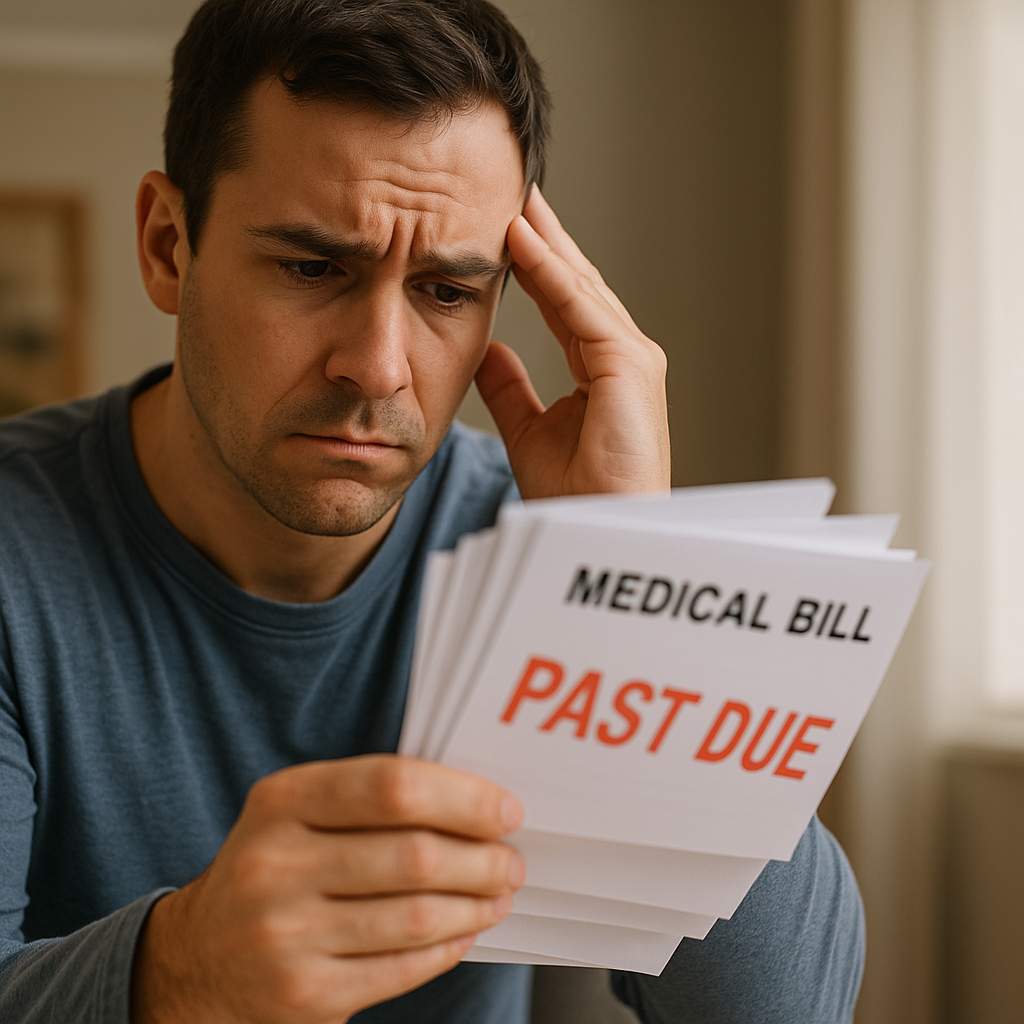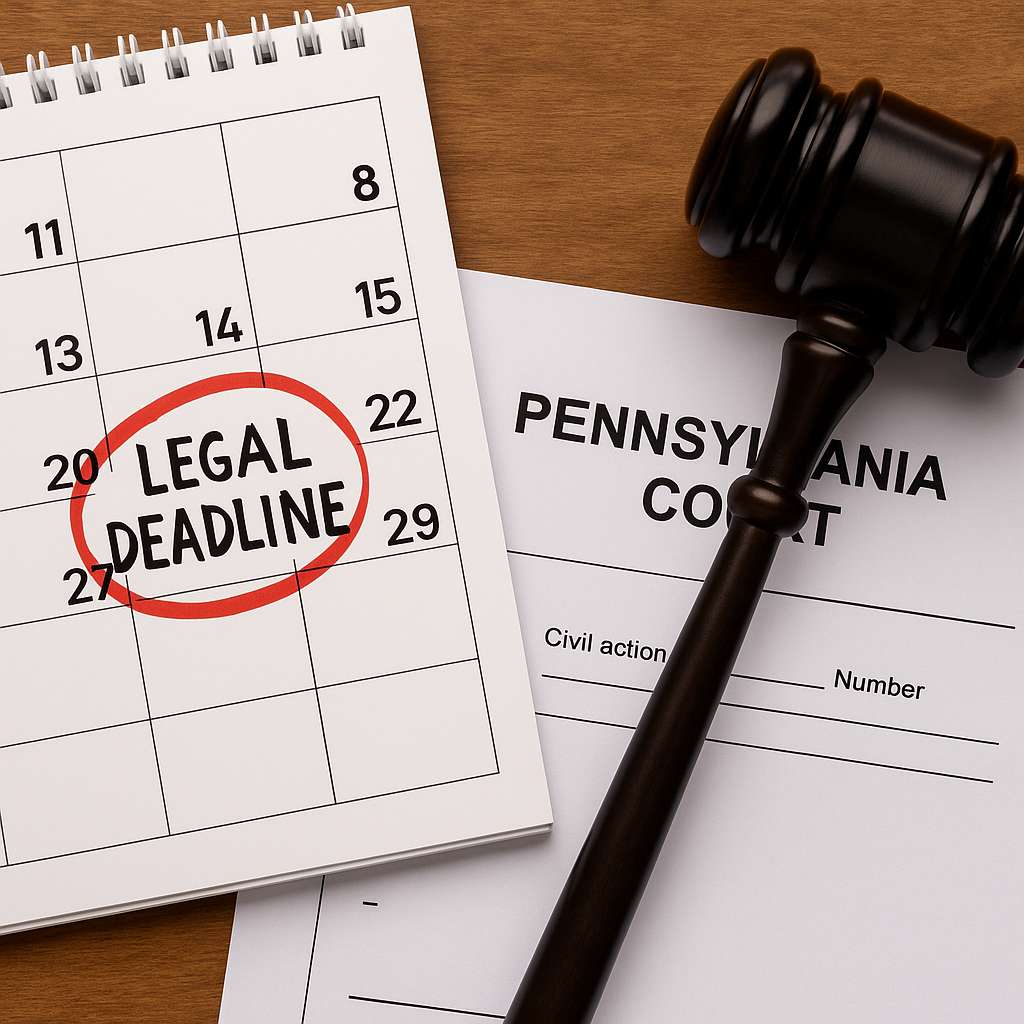Understanding Medical Coverage After a Car Crash
Car accidents can be physically, emotionally, and financially overwhelming—especially when it comes to paying for medical treatment. Many people wrongly assume the at-fault driver’s insurance will immediately cover their medical bills. However, Pennsylvania has complex insurance laws, including a no-fault system, that dictate who pays first.
So, who covers your medical bills after a car accident? This guide explains how Pennsylvania’s no-fault insurance, PIP coverage, and at-fault liability impact medical expenses.
How Pennsylvania’s No-Fault Insurance System Affects Claims
Pennsylvania follows a no-fault car insurance system, meaning that after an accident, your own insurance pays for your medical bills, regardless of who caused the crash.
✅ Personal Injury Protection (PIP) insurance covers initial medical expenses.
✅ You cannot immediately sue the at-fault driver for medical bills (except in specific cases).
✅ If medical costs exceed your PIP limits, other options apply (more on that below).
⏩ Pro Tip: Even if the other driver was 100% at fault, your own insurance pays first in most cases under Pennsylvania’s no-fault laws.
http://Pennsylvania Department of Transportation – Car Accident Guide: https://www.penndot.pa.gov
What Personal Injury Protection (PIP) Covers
Under Pennsylvania law, all drivers must carry Personal Injury Protection (PIP) coverage, which helps pay for medical bills after an accident.
Minimum PIP Coverage in PA:
🚗 $5,000 mandatory minimum for medical expenses (higher limits available).
🚗 Covers all accident-related medical bills—ambulance, ER visits, surgery, rehabilitation, and prescription drugs.
🚗 Pays for injuries of passengers in your vehicle.
What PIP Does NOT Cover:
❌ Property damage (covered under collision or liability insurance).
❌ Pain & suffering compensation (must file a lawsuit for this).
⏩ Pro Tip: If your medical bills exceed your PIP limit, other coverage options apply, which we’ll explain below.
Personal Injury Glossary – Legal Definitions Explained
When the At-Fault Driver’s Insurance Pays for Medical Bills
In certain situations, you can recover medical costs from the at-fault driver’s insurance.
✔ If your injuries are “serious” under PA law:
- Broken bones, permanent injuries, or disfigurement qualify for a lawsuit.
✔ If medical expenses exceed your PIP coverage: - The at-fault driver’s bodily injury liability insurance may cover additional costs.
✔ If you chose “Full Tort” insurance: - Allows you to sue the at-fault driver for all damages, including pain and suffering.
⏩ Pro Tip: If the at-fault driver has no insurance or low coverage, you may need Uninsured/Underinsured Motorist (UM/UIM) coverage to recover medical costs.
l Injury Lawyers in Philadelphia | PhillyLegalConnect
💡 Choosing Between Full Tort and Limited Tort in Pennsylvania
When purchasing car insurance in Pennsylvania, drivers choose between Full Tort and Limited Tort coverage. This decision significantly affects your rights after an accident.
- Limited Tort: You cannot sue for pain and suffering unless your injuries meet the state’s definition of “serious.”
- Full Tort: You retain full legal rights to sue for all damages—even in minor injuries.
Choosing Full Tort gives you broader protection if someone else causes a crash.
⏩ Pro Tip: Full Tort costs slightly more in premiums but can make a major difference in your legal options after a serious accident.
5 Essential Photos You Should Take After a Car Accident
How Lawsuits Cover Medical Bills Beyond Insurance Limits
If insurance doesn’t fully cover your medical bills, filing a personal injury lawsuit may be necessary.
How a Lawsuit Can Help:
💰 Recover expenses beyond PIP limits.
💰 Claim lost wages, pain & suffering, and future medical costs.
💰 Hold the at-fault driver accountable for negligence.
When to Consider a Lawsuit:
✔ Your injuries are severe or permanent.
✔ Your medical bills exceed all insurance coverage available.
✔ The at-fault driver was reckless or driving under the influence.
⏩ Pro Tip: Most personal injury lawyers work on a contingency basis—meaning you don’t pay unless you win your case.
http://Top Personal Injury Lawyers in Philadelphia | PhillyLegalConnect
🚑 What Happens If You Don’t Have Car Insurance?
If you’re a pedestrian, cyclist, or a passenger in someone else’s vehicle—and you don’t have your own auto insurance—Pennsylvania still provides a path to medical coverage.
Under Pennsylvania’s priority of payment system, insurance follows this order:
- Your own PIP policy (if you own a vehicle and are insured).
- A household family member’s PIP policy.
- The driver’s insurance policy (if you’re a passenger).
- The state’s Assigned Claims Plan, which may provide limited coverage when no other insurance applies.
⏩ Pro Tip: Don’t assume you’re uncovered just because you don’t own a car. You may still qualify for PIP coverage through another policy.
Bicycle Accident on Kelly Drive – Philadelphia Personal Injury Scene
Final Thoughts: Protect Your Rights & Medical Expenses
Understanding who pays for medical bills after a car accident in Pennsylvania can be complicated due to PIP insurance, no-fault laws, and liability claims. If your medical expenses exceed insurance limits, you may have the right to pursue compensation through a lawsuit.
Disclaimer:
PhillyLegalConnect is an independent legal information platform and does not provide legal advice or legal representation. The content on this page is for informational purposes only and should not be interpreted as legal advice. Reading or interacting with this content does not create an attorney-client relationship. For personalized legal guidance regarding medical bills after a car accident in Pennsylvania, please consult a licensed personal injury attorney in your area.
❓ Frequently Asked Questionsdd Your Heading Text Here
Q: Does my own insurance pay my medical bills after a car accident in Pennsylvania?
A: Yes, Pennsylvania is a no-fault state. Your Personal Injury Protection (PIP) coverage pays for your initial medical expenses, regardless of who caused the crash.
Q: Can I sue the at-fault driver for medical bills?
A: You may sue if your injuries are serious, your medical costs exceed PIP coverage, or you have Full Tort insurance.
Q: What if the at-fault driver doesn’t have insurance?
A: You can file a claim through your Uninsured or Underinsured Motorist (UM/UIM) coverage if you carry it on your policy.



